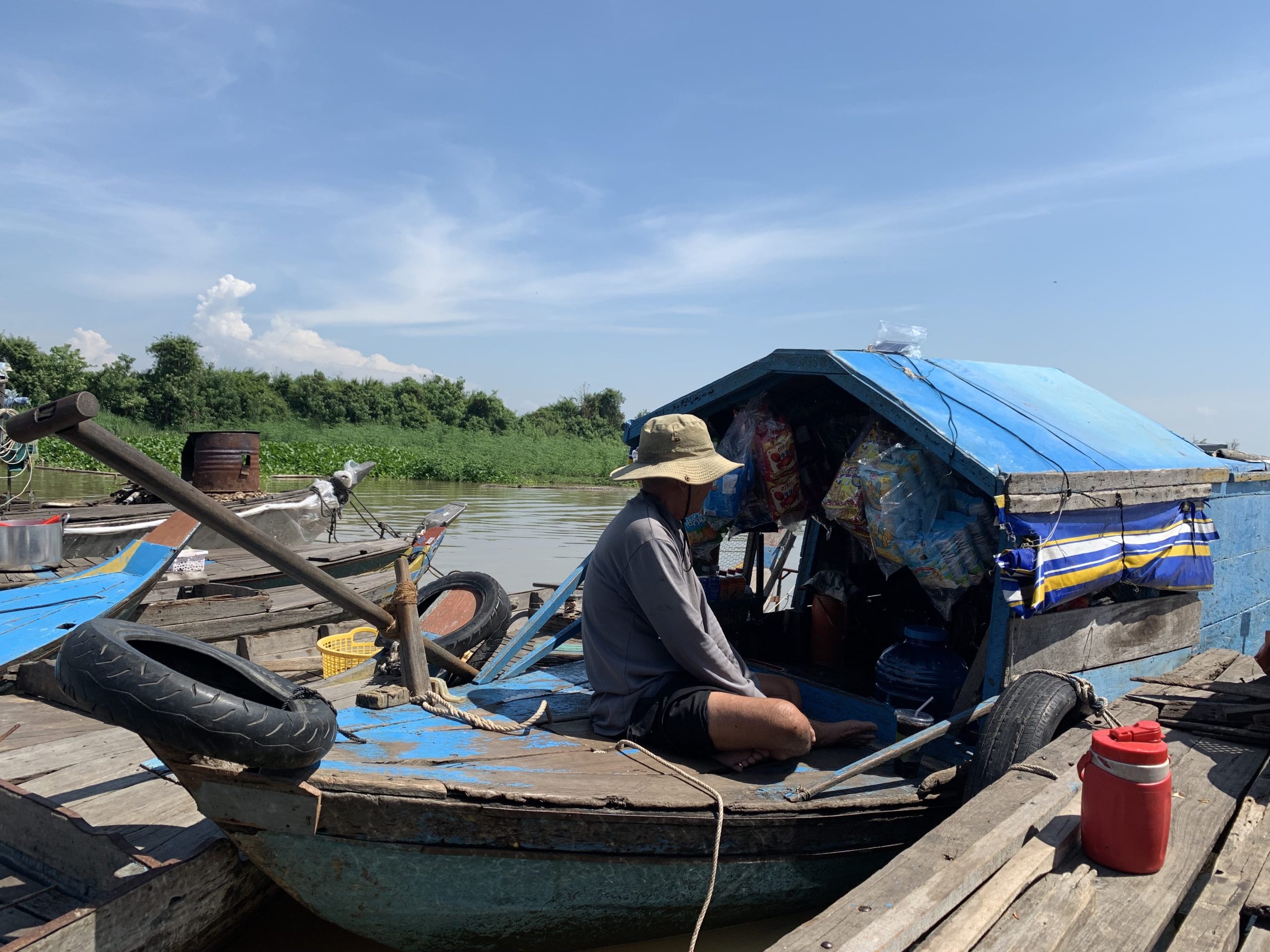1. Citizenship Law
a. Jus sanguinis Provisions
Citizenship legislation of the Maldives operates through jus sanguinis provisions that provide automatic citizenship to a child born to a citizen of the Maldives regardless of their place of birth. Maldives citizenship laws, however, contain religious discriminatory provisions, as the Constitution of the Republic of Maldives states in Article (9)(d) that “a non-Muslim may not become a citizen of the Maldives”. Despite the apparent gender neutrality of the Constitution and the Maldivian Citizenship Act, in 2021 the CEDAW raised their concern that the law “established different conditions for women and men as regards the transmission of nationality depending, notably, on religion and marital status”. There is no definition of statelessness included in the Maldives citizenship legislation.
b. Naturalized Citizenship
A person may apply for Maldivian citizenship if they are Muslim and have resided in the Maldives for at least 12 years continuously among other requirements. There is no simplified or expedited process available for stateless persons or refugees.
c. Dual Citizenship
Dual citizenship is permitted in the Maldives. There are no additional conditions imposed for Maldivian citizens to acquire dual citizenship.
2. Treaty Ratification Status
The Maldives is a party to ICCPR, ICESCR, ICERD, CRC, and CEDAW, but is yet to ratify the 1954 Convention relating to the Status of Stateless Persons, the 1961 Convention on
The Maldives is a party to ICCPR, ICESCR, ICERD, CRC, and CEDAW, but is yet to ratify the 1954 Convention relating to the Status of Stateless Persons, the 1961 Convention on the Reduction of Statelessness, and the 1951 Refugee Convention and its 1967 Protocol. On its ratification of ICCPR, the Maldives notably made a reservation under Article 18, which ensures the right to freedom of thought, conscience and religion. The country also made a reservation on Article 14 of CRC, which ensures the same rights to children.
In 2016, the CRC Committee noted concerns over the provision in the Constitution which excludes non-Muslims from obtaining Maldivian citizenship. On this, the Committee urged the Maldives to “ensure that all children within its jurisdiction enjoy all the rights enshrined in the Convention without discrimination”. The Committee further recommended that the country amend its citizenship legislation to “eliminate any discrimination against girls, children born out of wedlock or following out-of-court marriages, and lesbian, gay, bisexual, transgender or intersex children”. By ratifying CRC, the Maldives is obligated to ensure timely registration of all births and that all children enjoy the right to acquire a nationality.
The CEDAW Committee expressed concern in 2021 regarding the different conditions for conferring nationality based on gender and the “lack of information on stateless women and girls” in the country. The Committee recommended that the Maldives revise its citizenship legislation to ensure gender equality with regard to conferring citizenship and further develop mechanisms to identify and protect stateless women and girls. In 2015, the Committee also highlighted the issue of legislative provisions that “establish different conditions for women and men as regards the transmission of nationality depending, notably, on religion and marital status, which may have a disparate impact on children born out of wedlock to foreign mothers”. In relation to this, the Committee recommended that the Maldives amend citizenship legislation to ensure women and men have equal rights in conferring nationality, especially concerning religion and marital status. On CEDAW, the Maldives notably made a reservation on Article 16, which ensures gender equality in marriage and family relations. Under Article 9 of CEDAW, which the Maldives is bound to, protects gender equality in nationality laws.
In a recent joint UPR submission by ISI, the Maldives was recommended to reform legislation to remove provisions that discriminate on the ground of religion; ensure that all children born in the country, including those of non-Muslim parents, are registered at birth without discrimination; take action to address human trafficking and forced labor; withdraw its reservations to the ICCPR, CEDAW, and CRC; and accede to the Statelessness Conventions.
| Country | Stateless 1 | Stateless 2 | Refugee | ICCPR | ICESCR | ICERD | CRC | CEDAW |
|---|---|---|---|---|---|---|---|---|
| Maldives |



